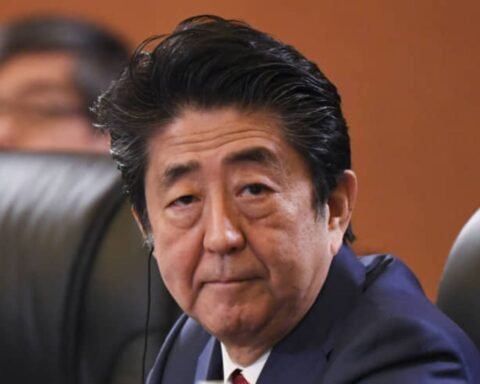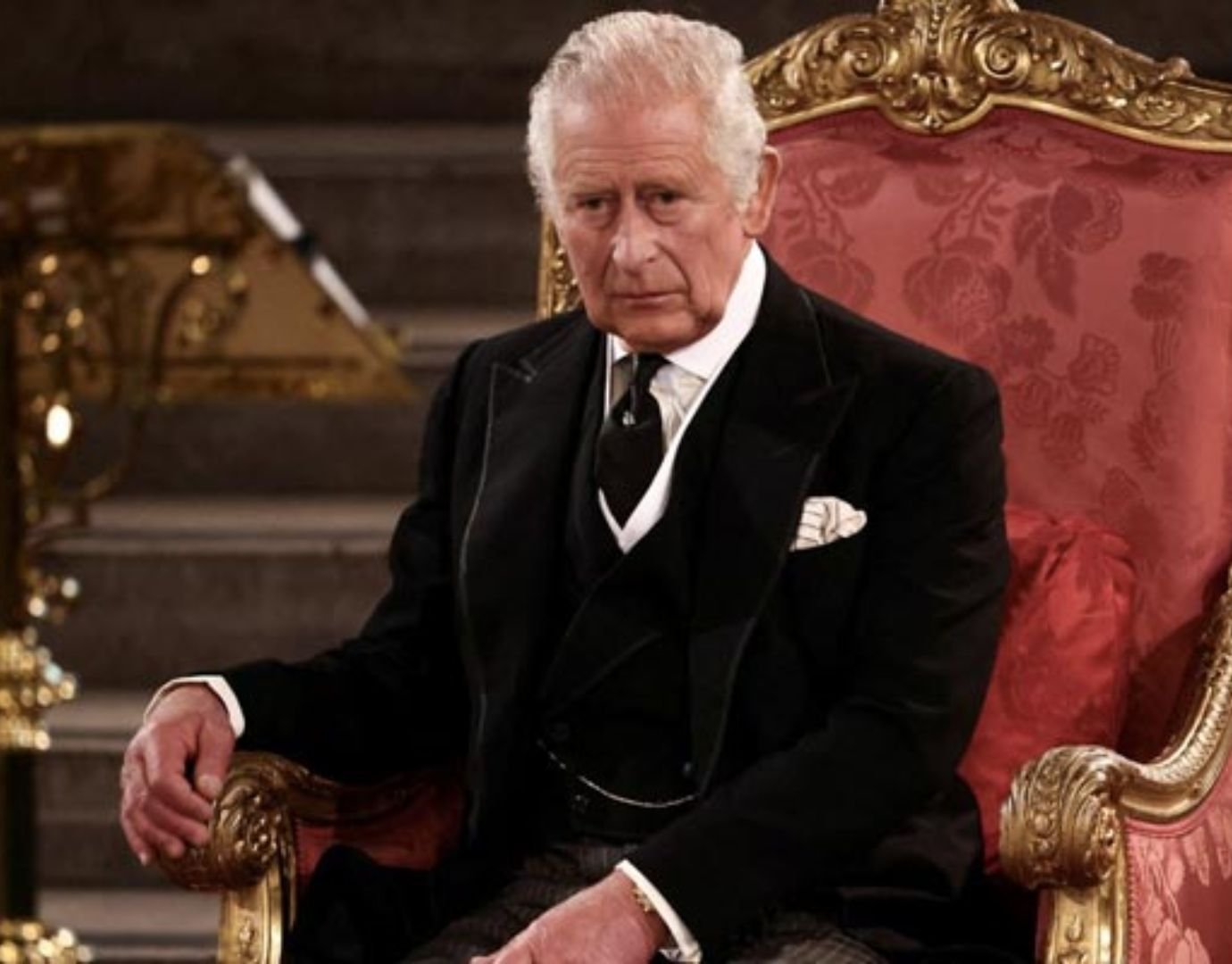On Tuesday, the mayor of Paris said that the lights on the Eiffel Tower would soon be turned off more than an hour earlier at night. This is to save electricity as the European energy crisis gets worse because of the conflict between Russia and Ukraine.
As with the rest of France and Europe, the French capital is at risk of power shortages, rationing, and blackouts when energy demand rises this winter. Mayor Anne Hidalgo said that the famous tower, which is usually lit until 1 am, is just one of the monuments and city buildings that will go dark earlier in the evening.
Because Russia cut off natural gas shipments to many European countries to help Ukraine, gas and energy prices have gone through the roof. As the heating season approaches, inflation has gone up and worries about supply shortages have grown. This has caused countries to take steps to save energy, which helps consumers and businesses. As the price of energy has gone up, some European businesses have cut back or stopped making things. The European Union is trying to come up with ideas to fix the problem.
Hidalgo says that the lights on the Eiffel Tower will be turned off at 11:45 p.m. on September 23, when the last visitor leaves. At 10 p.m., the lights will go out at other city-run landmarks like City Hall and the Saint-Jacques tower.
Hidalgo denied claims that the government of Paris should do more to cut energy use by 10%, which is the goal that President Emmanuel Macron set in July as part of a national “sobriety plan” to save energy. “It’s a sign, but it’s a very important one,” Hidalgo said.
Hidalgo told reporters that Paris’s streetlights will stay on and that the bridges over the Seine River will still be lit up at night for safety reasons.
She said she would put pressure on the government to change the lighting of national sites in Paris, like the dome-shaped Pantheon and the Arc de Triomphe, the famous Napoleonic arch that towers over Champs-Elysees Avenue, in order to meet France’s savings plan.
In order to save electricity, the Parisian government has moved the start of heating season from the middle of October to the middle of November. Also, they plan to lower the temperature in public buildings by one degree, from 19 to 18 Celsius (66 to 64 Fahrenheit) during business hours and from 16 to 19 Celsius (61 to 66 Fahrenheit) on weekends.






